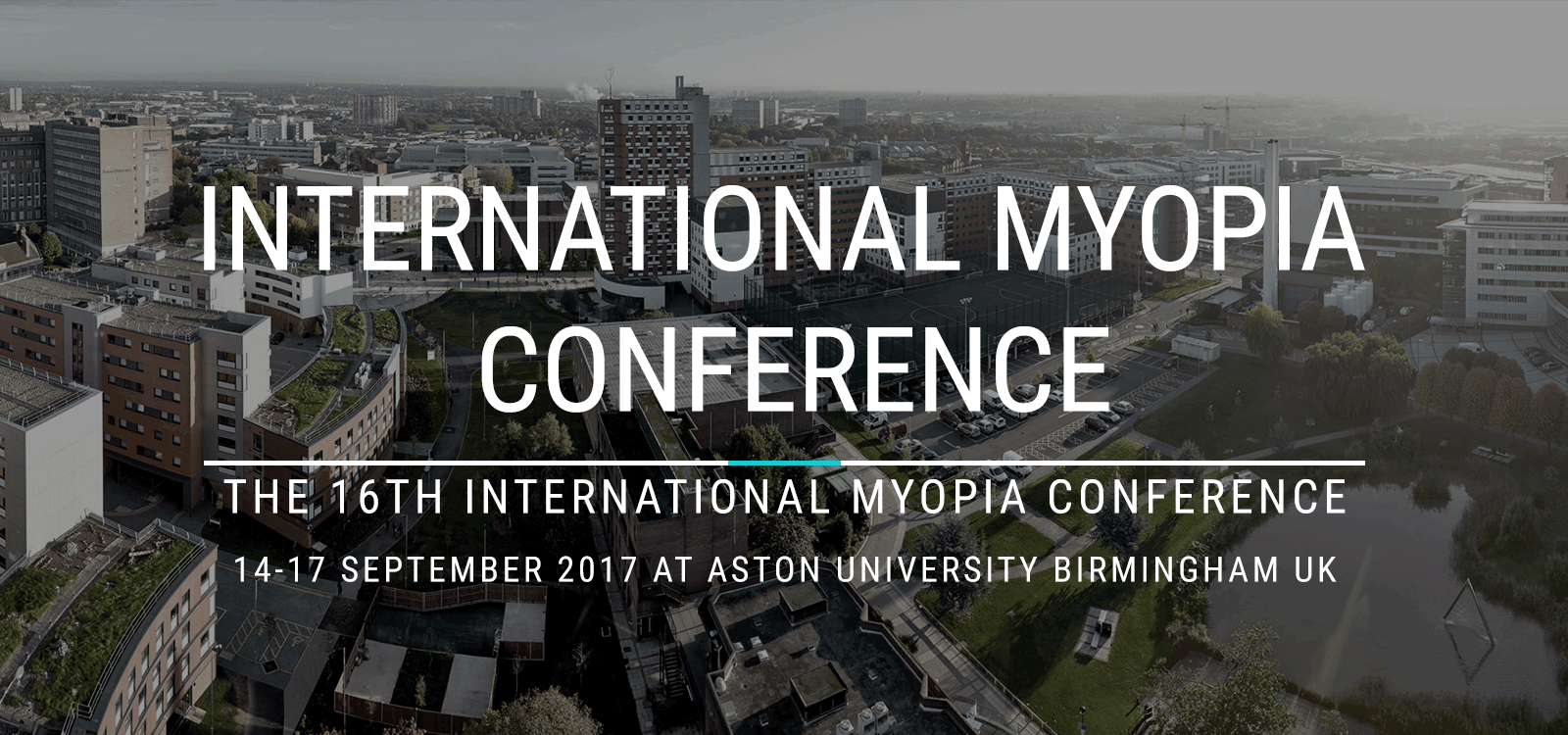Recently we discovered these novel Book Seats at Matakana Village Bookshop. These will be brilliant for anyone who loves reading. The seat can be on your lap or on a table. Books and tablets sit propped at an ideal reading angle and reading distance.
For someone with low vision, who reads with stronger glasses, books usually need to be held at closer range. Large print books help people with low vision continue to enjoy reading, but these are often heavy. Often someone who has reduced vision will find they struggle to read for extended periods of time, say half an hour. The challenge is to keep everything in optimum postion. This Book Seat will support books and help keep them at an ideal reading distance.
These are available in a range of colours. Call in to see our demo or visit Matakana Village Books to see the full range.
Contact www.matakanavillagebooks.co.nz for more information.







